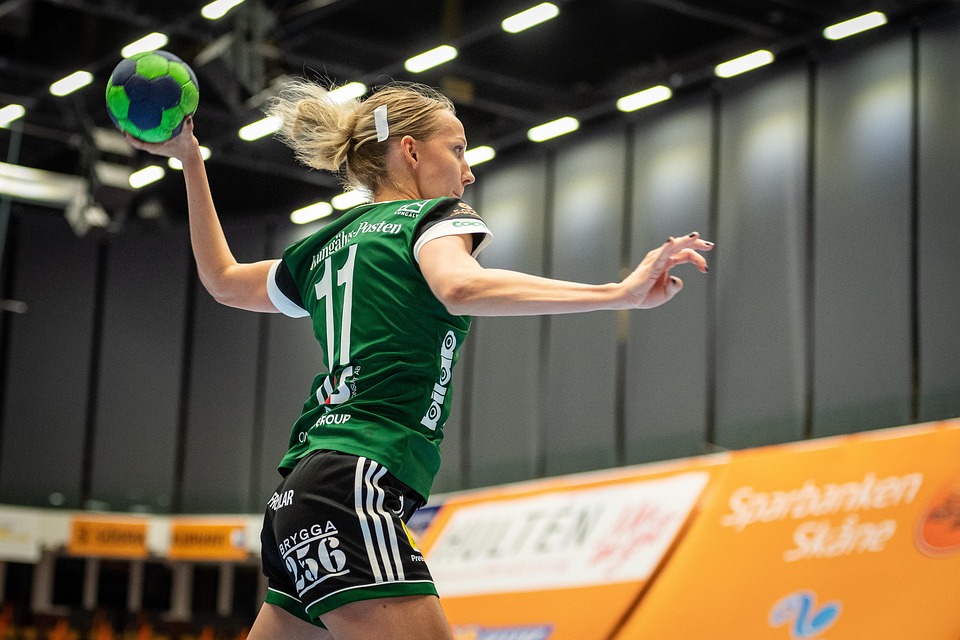From Theory to Practice: Real-World Applications of a Sports Psychology Degree
Introduction
The field of sports psychology combines the principles of psychology with the unique challenges of sports and exercise. Professionals in this area work to enhance athletic performance by integrating psychological theories and practices. As interest in sports psychology has grown, so too have the opportunities for graduates holding a degree in this field. This article will explore the journey from theory to practice, highlighting the various real-world applications of a sports psychology degree.
The Foundations of Sports Psychology
Understanding the Field
Sports psychology focuses on understanding how psychological factors affect performance in sports, exercise, and physical activity. This field also studies how participating in sports and exercise impacts mental and emotional well-being. Concepts such as motivation, anxiety management, focus, mental resilience, and team dynamics form the backbone of sports psychology theories.
Theoretical Frameworks
-
Cognitive Behavioral Theory (CBT): This theory emphasizes the connection between thoughts, feelings, and behaviors. Coaches and athletes can use CBT techniques to challenge negative beliefs that may hinder performance[^1].
-
Goal-Setting Theory: Goal-setting is fundamental in sports psychology, where specific, measurable, achievable, relevant, and time-bound (SMART) goals help athletes maintain focus and enhance performance[^2].
-
Self-Determination Theory: This theory posits that motivation is driven by three innate needs: autonomy, competence, and relatedness. By fostering these needs, sports psychologists can enhance athletes’ intrinsic motivation[^3].
-
Mindfulness and Mental Toughness: These concepts are critical in managing stress and enhancing focus under pressure. Techniques such as visualization and mindfulness meditation are frequently employed^[4].
Real-World Applications
1. Professional Sports Teams
Many professional sports teams hire sports psychologists to work with their athletes. These professionals provide insight into how players can perform under pressure, manage stress, and improve their mental resilience. Strategies stemming from theoretical principles are applied, such as:
- Visualization Techniques: Athletes are trained to visualize successful performances, which can improve confidence and readiness for competition[^5].
- Team Cohesion Activities: Regular workshops may be organized to foster better communication and unity among team members.
2. College Sports
Collegiate athletics is a major area where sports psychology plays a vital role. With the demands placed on student-athletes, sports psychologists help them manage not only their sports performance but also their academic responsibilities. Programs may include:
- Workshops on Time Management: These workshops are designed to help student-athletes balance their academic and athletic commitments effectively[^6].
- Counseling Services: Many colleges offer counseling that allows athletes to tackle personal issues that may be affecting their performance.
3. Youth Sports
Sports psychologists work with youth sports organizations, focusing on developing mental skills at an early age. Their contributions include:
- Skill Development Programs: Implementing programs that teach young athletes the importance of maintaining a positive mindset and dealing with failures[^7].
- Parental Workshops: Educating parents on how to support their children’s athletic pursuits without exerting undue pressure can significantly impact a young athlete’s experience.
4. Rehabilitation
Sports psychologists also play a crucial role in injury rehabilitation. When athletes are sidelined due to injury, psychological support becomes vital for recovery. Techniques include:
- Mental Training: Providing strategies to maintain motivation during recovery periods, reducing anxiety related to returning to competition[^8].
- Goal-Setting During Rehab: Athletes are guided to set realistic and achievable goals during their rehabilitation process to foster a sense of achievement and progress.
5. Corporate Wellness Programs
The principles of sports psychology have also found their way into corporate settings. Businesses increasingly recognize the value of mental training techniques used in sports to improve productivity and employee well-being. Applications include:
- Team-Building Workshops: Businesses conduct workshops focused on team dynamics, drawing from sports psychology insights on communication and collaboration[^9].
- Stress Management Programs: Techniques such as mindfulness and resilience training can enhance employees’ performance and well-being in high-pressure environments.
6. Mental Health and Wellness
Sports psychologists often work in therapeutic settings, helping individuals manage stress, anxiety, and other mental health issues. Services may include:
- Individual Counseling: Providing therapy to deal with issues that affect personal and athletic performance, such as depression or anxiety[^10].
- Group Therapy: Facilitating support groups for athletes dealing with similar challenges creates a shared understanding and camaraderie that aids recovery and improvement.
7. Consulting for Coaches and Organizations
Sports psychologists also consult with coaches and sports organizations to create programs that foster a positive environment for athletes. This can involve:
- Educational Programs for Coaches: Workshops on motivational techniques and athlete management strategies help coaches understand how to apply psychological principles effectively[^11].
- Crisis Management Plans: Developing systems to handle mental health crises within sports teams or organizations ensures that athletes receive the necessary support.
8. Military and Defense
The principles of sports psychology have been effectively applied to military training to help soldiers deal with the psychological demands of combat. This includes:
- Resilience Training: Programs designed to develop mental toughness and coping mechanisms are crucial for soldiers facing high-stress situations[^12].
- Team Dynamics: Team building exercises that improve communication and trust among soldiers can enhance operational effectiveness.
Challenges in Applying Sports Psychology
Although the applications of sports psychology are extensive, several challenges may arise in practice. Some of these include:
Overcoming Stigmas
Mental health stigma persists in both sports and general society. Athletes may hesitate to seek psychological help due to concerns about judgment from peers or coaches. Education and advocacy are key to changing this perception[^13].
Integration into Traditional Coaching Practices
Sports psychology methods may not always align with traditional coaching practices. Coaches may need additional training to effectively blend psychological principles into their coaching style[^14].
Evidence-Based Practice
There is a need for ongoing research to validate the techniques used in sports psychology fully. Staying current with empirical evidence ensures that practitioners apply the most effective strategies^[15].
The Future of Sports Psychology
As the understanding of mental health in athletics continues to evolve, the demand for sports psychology professionals is expected to grow. The ever-increasing competitive landscape in athletics will continue to drive the need for psychological support and intervention.
Expansion into Non-Traditional Areas
The principles of sports psychology are being applied to non-traditional areas, such as esports. As competitive gaming gains popularity, mental training techniques are being adapted to enhance gamer performance and well-being[^16].
Incorporating Technology
Advancements in technology are opening new doors in sports psychology. Mobile applications that provide mental training techniques or teletherapy options make psychological support more accessible than ever before[^17].
Global Perspectives
As sports globalization increases, so too will the need for culturally competent sports psychologists. Understanding different cultural perspectives on mental health and sports will be essential in providing effective support^[18].
Conclusion
From professional sports teams to youth athletics, corporate settings, and beyond, the applications of a sports psychology degree are vast and varied. By transforming theoretical insights into practical strategies, sports psychologists play a pivotal role in enhancing performance, resilience, and well-being. As the field continues to grow and evolve, the real-world applications of sports psychology will undoubtedly expand, offering new opportunities for those dedicated to the mental aspects of athletic performance.


























Add Comment